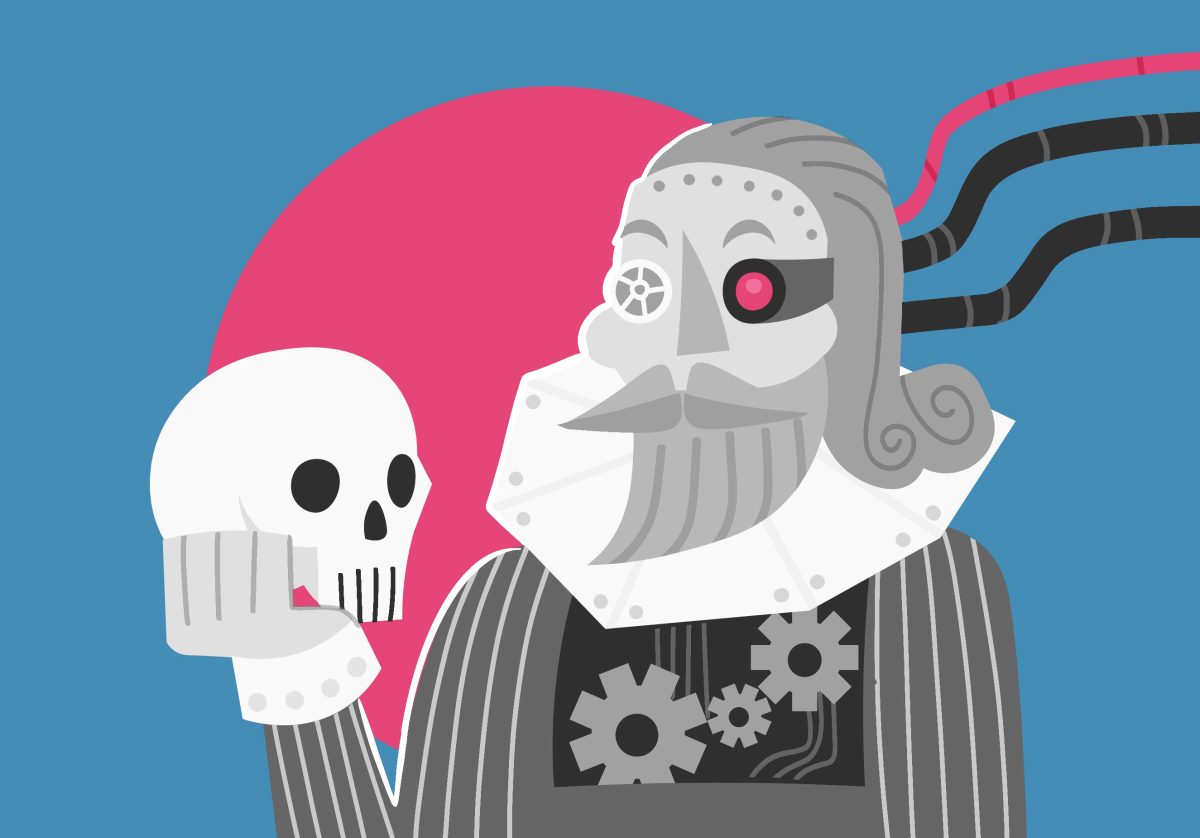When there is serious contention over an issue like the use of animals in medical research, there are useful and wasteful ways of making a point. Last week, the University community witnessed both as students once again jumped on a misguided cause — attempting to convince us that medical research using animals must be halted.
Differences of opinion, particularly on such an emotionally-charged issue, are best resolved with rational debate. The Student Organization for Animal Rights pursued this course last week and sponsored a talk by Dr. Ray Greek at Coffman Union. Largely free of rhetoric, Greek presented an argument against using animals in medical experimentation. Unfortunately, not all groups opposed to this type of research maintain a level of sensible disputation, preferring to resort to shock value.
The group Direct Action for Animals engaged in two protests that did not intend to persuade the public with reason, but with maximum exposure and photos in the paper. Sadly, this plan succeeded. First we saw six of the group’s members chained together with U-locks, which disrupted University business. The protesters then went a step further when a member (attached to a giant banner) dangled from Moos Tower.
Stunts like these — the display of animals on which experiments have been conducted and anthropomorphizing them — effectively spread a message, but do not offer anything aside from base emotional responses as reason to support the groups’ agenda. However, such tactics are the best for which we can hope from Direct Action and SOAR because their fundamental position is flawed.
Activists argue that animal testing has failed to significantly contribute to medical advances. Since 1901, the Nobel Prize in physiology or medicine has been awarded for 65 advancements that would have failed without animal test subjects. Animal experimentation has been essential to developing treatments for devastating diseases like leprosy and diabetes, as well as for perfecting modern surgical techniques such as organ transplantation.
These groups also contend that research can be conducted using computer models and cellular cultures. Yet relying on alternate experimentation methods is unreliable and ineffective. Computer models and cellular cultures cannot mimic the sophisticated, often unpredictable, interactions inherent in any living organism. In order to determine the full effects of any new drug, it must be tested on a living, non-human subject to guarantee as much human safety as possible.
Researchers do not want to cause pain to animals. Animals are simply the safest, most effective means of testing medical treatments before such treatments are applied to humans. Moreover, the Federal Animal Welfare Act establishes guidelines for their handling and mandates anesthesia and pain-killers when the research does not preclude its use, thereby ensuring that animal test subjects are treated as humanely as possible.
The use of animals in experiments that do not have medical value, such as in the testing of cosmetics, should be halted. However, we have an obligation to preserve and protect human lives using animal test subjects as long as no better means exists.










